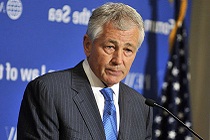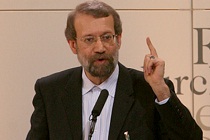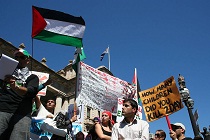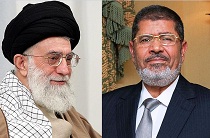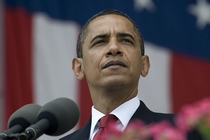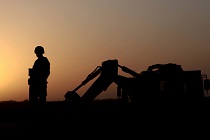Testing times for Netanyahu
The 19th Israeli parliamentary election will take place on January 22 and opinion polls indicate the possible re-election of incumbent Prime Minister Benjamin Netanyahu. Regardless of the outcome, there are several simmering issues the winner will have to address upon assumption of the office. Simon Clement blogs.


